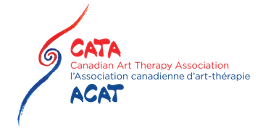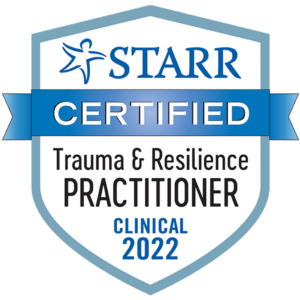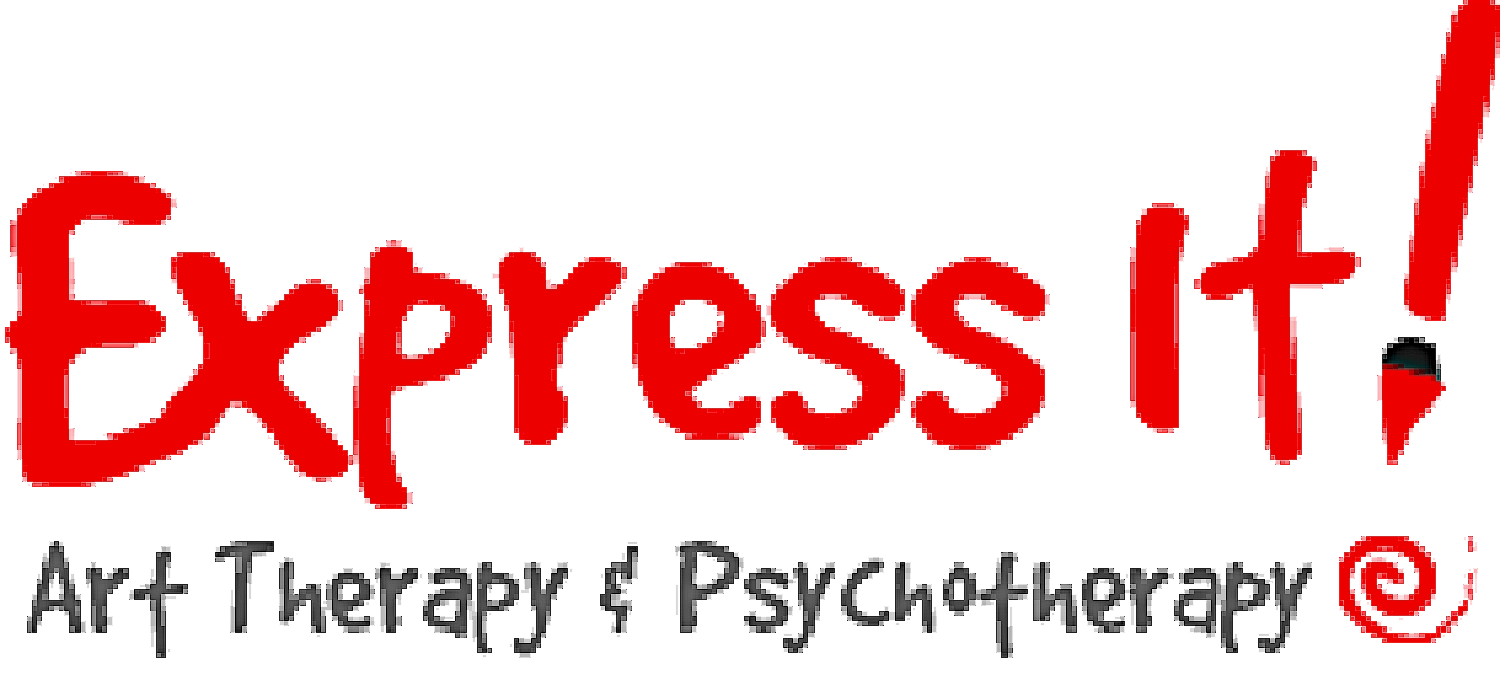Compassionate Therapy That Heals
From The Inside Out.
Whether you are struggling with trauma, mental health challenges, stress or chronic health issues, Express It Art Therapy and Psychotherapy will support you on your healing journey. Having extensive experience working with individuals with special needs, we are willing and able to support you in your life’s path.
Our therapy sessions provides a safe space to explore personal challenges, resulting in self-awareness, emotional expression, personal insight and positive change.
Start your unique healing journey today with Express It Art Therapy Psychotherapy.
Personal Growth
Emotional Healing
Self Awareness
Healthy Living
About Your Therapist
Janice LeBlanc
BFA.(hons), BEd., DTATI, R.P, RCAT, CTRP-Clinical
I have over 20 years of clinical experience in Art Therapy and psychotherapy. I am a registered psychotherapist with the College of Registered Psychotherapists of Ontario.(CRPO) I hold Registered Canadian Art Therapist member status (RCAT) with the Canadian Art Therapy Association (CATA).
In addition to Art Therapy and EMDR therapy, I am trained in a variety of other modalities in order to offer clients many approaches for a person centred approach.
Read More
I am also a clinical supervisor providing clinical supervision to art therapists and psychotherapists (both registered and qualifying) since 2008.
Being in private practice since 2006, I specialize in working with children, youth and adults who present with:
- Mental health challenges
- Trauma (PTSD, traumatic stress, vicarious trauma)
- Special needs (Learning and Intellectual Disabilities, Neurodiversity : ADHD, ASD)
- Chronic health issues
- Work and school stress
I also support individuals who are seeking coping strategies to build resilience in dealing with life’s changes and occurrences.
My past experience includes providing therapy in
- a centre focusing on trauma treatment for all ages
- a shelter for abused women
- a residential treatment centre for adolescents
- a long term care facility for adults with developmental disabilities and Autism Spectrum Disorder
Being a retired educator with over 30 years of experience in the Secondary School system in Visual Arts and Special Education, I have unique experience working with children and adolescents and their families who are Nerurodiverse.
![]()


Painting is an extension of man's means of communication. As such, it's pure, difficult, and wonderful. - Sidney Nolan
Telephone and Virtual appointments available.
Discover Your Inner Self
Art Therapy
Unlock the healing power of creativity and transform your emotional well-being through art therapy.
"The process of art therapy is based on the recognition that man's most fundamental thoughts and feelings, derived from the unconscious, reach expression in images rather than words." (Naumberg 1958: 511)
Art therapy can help people visually express emotions and fears that they cannot express through conventional means, and can give them some sense of control and empowerment over these feelings.
Painful emotions and traumas are stored in the brain in the form of images. Therefore, it is easier to express these feelings through art, especially when it seems that the language to express them is not present.
Telephone and Virtual appointments available.

Discover Your Inner Artist
Express it! Art Therapy
Unlock the healing power of creativity and transform your emotional well-being through art therapy.

"The process of art therapy is based on the recognition that man's most fundamental thoughts and feelings, derived from the unconscious, reach expression in images rather than words." (Naumberg 1958: 511)
Art therapy can help people visually express emotions and fears that they cannot express through conventional means, and can give them some sense of control and empowerment over these feelings.
Painful emotions and traumas are stored in the brain in the form of images. Therefore, it is easier to express these feelings through art, especially when it seems that the language to express them is not present.
Create Without Limits
Art therapy can help people visually express emotions and fears.
About Art Therapy



Human beings think in images. Painful emotions and traumas are stored in the brain in the form of images. Therefore, it is easier to express these feelings through art, especially when it seems that the language to express them is not present.
Art Therapy can provide a connection to emotions and difficult issues that have been impossible to access through other means. It can facilitate emotional expression, self-awareness and positive change. Art Therapy can be an extremely effective treatment modality for people who find it difficult to express their issues verbally. Spontaneous art expression is without evaluation or critique. Emphasis is on the person and the process and not on the product.
Clients do not need any art background or artistic skill in order to participate or benefit from the Art Therapy process.
Art Therapy is beneficial for all ages – children, adolescents and adults.
Who Art Therapy Helps



Art Therapy has proven successful in supporting those dealing with some of the following issues and challenges:
- Trauma
- Trauma in Children
- Post Traumatic Stress Disorder (PTSD)
- Depression
- Anxiety
- Other Mental Health Issues
- Neurodiversity (Attention Deficit Disorder and Autism
Spectrum Disorder) - Self Harm
- Anger Management
- Explosive Behaviour
- Emotional dysregulation
- Sexual, Physical and Emotional Abuse
- Domestic Violence
- Self-harm
- Eating issues
- Chronic Illness
The Art Therapy Session



Within a safe, supportive and non-judgmental environment, you are given the opportunity to explore issues and emotions through the use of the chosen art materials.
You are then given the opportunity to discuss the artwork with the therapist, in order to assist you in bringing personal meaning and insight to the artwork. (this verbal component can be optional depending on your needs)
The artwork becomes your voice and provides a safe and non-threatening place to process difficult emotions and memories, providing personal insight and clarity.
Ongoing sessions are then used in the same way but with the added process of relating the art to you in supporting your treatment goals.
Art Therapy and Wellness


 As well as supporting the processing of painful issues, Art Therapy can also support overall wellness. It can promote healthy living by providing an opportunity to focus on:
As well as supporting the processing of painful issues, Art Therapy can also support overall wellness. It can promote healthy living by providing an opportunity to focus on:
- Self care
- Effective communication
- Capabilities and strengths
- Self-awareness
- Self-esteem
- Stress reduction and management
- Emotional expression
- Creative outlet
- Self-exploration
- Positive self image
- Teambuilding
- Goal Setting
- Mindfulness and relaxation
Art Therapy for Disabled Children
Published in the Markham Economist and Sun by Simone Joseph
 Emily Bigioni sits upright and smiling, looking around with curiosity at what will happen next — rather than being hunched over in a slouched position as she tends to do when bored.
Emily Bigioni sits upright and smiling, looking around with curiosity at what will happen next — rather than being hunched over in a slouched position as she tends to do when bored.
When she began art classes 10 years ago, Emily’s parents were thrilled by their little girl’s reaction to her art classes.
Emily has a brain condition known as pachygyria, similar to cerebral palsy. While she cannot speak or walk, they discovered she could paint.
EMDR For Trauma Therapy
What Can EMDR Treat?
Scientific research has established EMDR as effective for Posttraumatic Stress Disorder. However, clinicians also have reported success using EMDR in treatment of the following conditions:
- Trauma
- Panic attacks
- Complicated grief
- Dissociative disorders
- Phobias
- Pain disorders
- Anxiety
- Stress reduction
- Addictions
- Sexual and/or Physical abuse
- Body dysmorphic disorders
Source: www.emdria.org and www.getselfhelp.co.uk
For Further Information
About EMDR Therapy
Francine Shapiro developed Eye Movement Desensitization and Reprocessing (EMDR) in the1980s to help people heal from trauma and adversities.
Most of the time, the body routinely manages new information and experiences without awareness of it. However, when something out of the ordinary occurs, and someone is traumatized by an overwhelming event, the natural coping mechanism of a person can become overloaded.
This overloading can result in disturbing experiences remaining frozen or unprocessed in the brain. The idea is that traumatic memories sometimes get ‘stuck’ in the information-processing system of the brain, along with the emotions and the physical sensations that went with the original traumatic experience. As a result, traumatic memories can be continually triggered when similar events are experienced. Often the memory itself is long forgotten, but the painful feelings such as anxiety, panic, anger or despair are triggered in the present.
EMDR helps create the connections between the brain’s memory networks, enabling the brain to process the traumatic memory in a very natural way.
At the end of the EMDR therapy, the client can still remember the bad event, but it is no longer upsetting.
EMDR desensitizes and reprocesses the difficult memory or issue so that the client has peace with it.
Telephone and Virtual appointments available.
Treatment Modalities
I am trained in additional graduate level trainings in trauma treatment modalities:
- Eye Movement Desensitization and Reprocessing Therapy (EMDR)
- Cognitive Processing Therapy (CPT).
- Cognitive Behavioural Therapy (CBT)
- Dialectical Behavioural Therapy (DBT)
- Internal Family Systems (IFS)
- Sensorimotor Therapy
- Trauma informed practices
I also work with children who have experienced trauma and hold certification as a Trauma and Resilience Practitioner- Clinical.
SPECIALITIES
I specialize in working with children, youth and adults with:
- Post Traumatic Stress Disorder, traumatic stress, complex trauma, vicarious trauma)
- Mental Health challenges (depression, anxiety)
- History of abuse
- History of domestic violence
- Self-harm
- Developmental and Learning Disabilities
- Neurodiversity (Autism Spectrum Disorder, Attention Deficit Disorder)
- Chronic health issues
- Work /school stress
I also support individuals who are seeking coping strategies to build resilience in dealing with life’s changes and occurrences.
CLIENTS SERVED
Currently in private practice, I provide ongoing support to children, youth and adults including:
- Individuals and families with Special Needs (Learning Disabilities, Intellectual Disabilities)
- Individuals and families with Neurodiversity (Autism Spectrum Disorder and Attention Deficit Disorder)
- First Responders (police, fire, paramedics, 911 dispatchers) and their families
- Educators (administrators, teachers, educational assistants and support staff)
- Medical Professionals
- LGBTQ+
- Individuals looking for stress reduction/management
Presentations
I offer workshops and presentations designed to support students, parents, educators and other professionals deal with burnout, stress and anxiety, with the goal of promoting resilience.
![]() Download the PDF
Download the PDF
Looking Through A Lens of Resiliance
![]() Download the PDF
Download the PDF
Promoting Your Teens’ Health During The Pandemic
Topics include:
- Self care for professionals (educators, administrators, mental health professional, health care workers)
- Self Care for caregivers
- Chronic health issues (Lupus and Eczema)
- Building resilience in your anxious teen or child
- Coping with COVID
- Presentations custom designed to suit your organizations’ needs
Presentations for Lupus Canada:
Mental Health and Lupus (April 2021)
Mental Health and Lupus: Managing Expectations During the Holiday Season (December 2021)
Telephone and Virtual appointments available.
CLINICAL SUPERVISION
Providing clinical supervision since 2008 to Art Therapists and Registered Psychotherapists.
Safe and secure telephone and virtual clinical supervision available.
Offering clinical supervision for students and Registered Psychotherapists (Qualifying) to meet CRPO criteria.
All criteria surpassed under CRPO for providing clinical supervision including:
- 5 (plus) years clinical experience
- Member in good standing of CRPO
- Surpassing independent practice requirements
- Surpassing 30 hours of directed learning in providing supervision
Registered member of CATA (Canadian Art Therapy Association)
Approved supervisor for CATA (Canadian Art Therapy Association)
Approved supervisor for OATA (Ontario Art Therapy Association)
Reasonable rates
Group supervision available
Please call or email to inquire about details
Resources
If you or a loved one are experiencing a crisis situation, please call 911, your family physician, attend your local hospital emergency department or call one of the following numbers for support:
York and South Simcoe Regions:
Community Crisis Response Service, Distress Centre:
Toll Free: 1 855 310-COPE (2673) Call, text or live chat.
York Regional Police crisis services for addictions, seniors, mental health, https://www.yrp.ca/en/community/Crisis-Resources.asp
Ontario crisis line:
Here 24/7 – 1-844-437-3247 (HERE247) – Addictions, Mental Health & Crisis Services.
Yellow Brick House Shelter for Abused Women
24 Hour Crisis Line Text or Call Toll Free: 1-800-263-3247
Kids help phone: 1-800-668-6868 or text 686868
Canada Suicide Prevention Service: 1 (833) 456-4566
Other resources
Contact Me
I would love to hear from you! Whether you have questions about my services or you want to schedule an appointment, feel free to reach out.
Start Your Healing Journey Today
Telephone and Virtual appointments available.
Phone
705.456.4221
